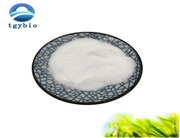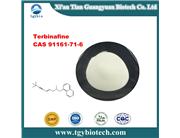

English name:Uridine
English aliases:UR
CAS No.58-96-8
Molecular formula:C9H12N2O6
Molecular weight:244.20
Physical properties:
This product is a white to off-white crystal or crystalline powder.
Purity HPLC:≥98.0%
Contents on drysis:98.0%-102.0%
storage:Preserve in tight, light-resistant containers, in a cool and dry place.
Product Description:
Uridine is a naturally occurring substance that is manufactured in the liver. Technically, it is considered to be a nucleoside which simply means that it contains a nucleic acid with a pyrimidine base. This also bonds together to an alcohol group of a sugar. Put even more simply, this supplement is one of the four basic components of RNA (Ribonucleic Acid). Uridine is also very receptive to additional phosphate groups. This helps to form one of three other nucleotides which are used in regulating metabolism. Studies have also shown that it works in synergy with choline to lead to a number of excellent benefits. There are also studies that show it might work in synergy with other fatty acids to act as an anti-depressant..
Application Area:
Uridine plays a very important role in the glycolysis pathway of galactose. It can be used as a precursor in the production of CDP-choline. It is an important nutrient and widely used as a dietary supplement.
It can improve the brain cholinergic functions and hepatic mitochondrial function in certain liver toxins. It plays a major role in pain physiology and brain energy utilization to maintain ATP production under restricted oxygen conditions. Uridine has many biological effects and, is thus can be used for the treatment of various kinds of diseases.
In general, uridine can be used for the treatment for the following diseases such as cardiovascular disease and hypertension, respiratory dysfunction, liver disease, infertility, epilepsy, cancer & AIDS, Parkinsonism, anxiety, sleep dysfunction and Ischemia and hypoxia.

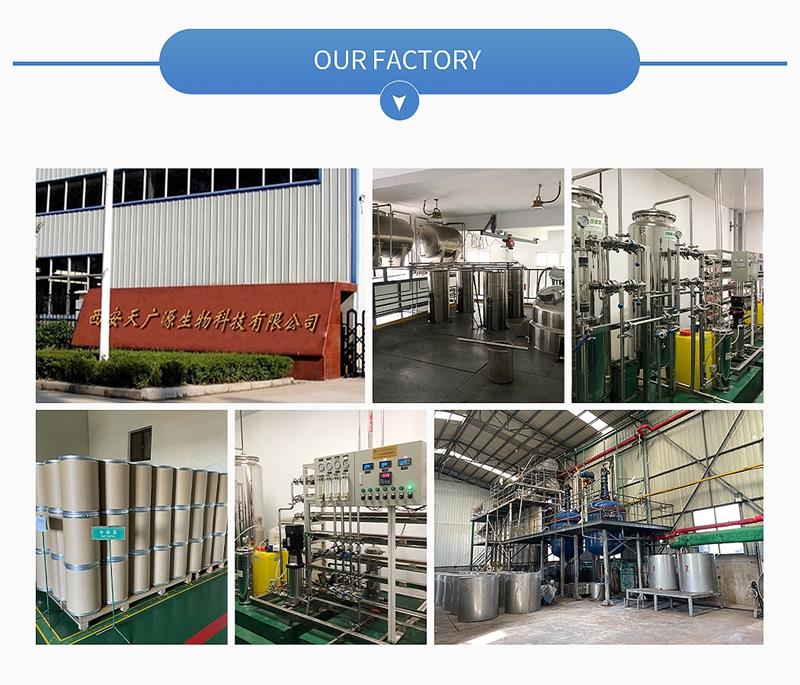
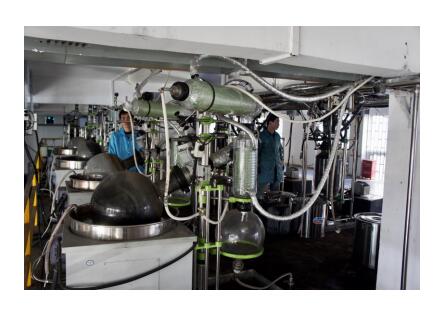


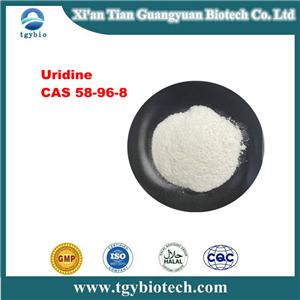

 China
China



